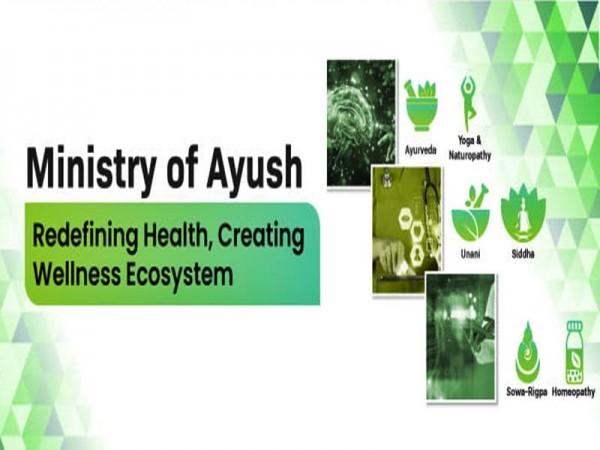
India, a country renowned for its rich cultural heritage and diverse traditions, has been making significant strides in the field of health tourism. The rise of the AYUSH system, an acronym for Ayurveda, Yoga and Naturopathy, Unani, Siddha, and Homeopathy, has been instrumental in this transformation. This traditional system of medicine, deeply rooted in the Indian subcontinent, has not only gained popularity domestically but has also garnered international recognition, making India a premier destination for medical tourism.
The Ministry of Ayush, the government body responsible for the development, education, research, and propagation of indigenous alternative medicine systems, has played a pivotal role in this journey. The Ministry's relentless efforts have led to the integration of Ayurveda, Yoga, Unani, Siddha, and Homeopathy into mainstream health systems worldwide in 2024. This integration has been a significant milestone, marking the global acceptance of these traditional medicine systems.
In 2023, the Indian government took a strategic step to facilitate the entry of international tourists seeking health and wellness treatments in the country. The government implemented medical visa provisions, a move that has led to a significant surge in medical tourism.
Between July 2023 and December 2024, the Ministry issued about 123 regular Ayush visas and 221 e-Ayush visas to foreigners seeking treatment in India. During the same period, 17 e-Ayush attendant visas were also issued, further facilitating the process for international patients and their attendants.

The Ayush Visa, available under four sub-categories - Ayush visa, Ayush attendant visa, e-Ayush visa, and e-Ayush attendant visa, is granted to a foreigner whose sole purpose is to seek treatment through Ayush systems. This visa system has been a game-changer, making it easier for international patients to access India's traditional healthcare services.
India's robust Ayush infrastructure has been a key factor in attracting international patients. The country currently boasts more than 755,780 registered Ayush practitioners, 886 undergraduate and 251 postgraduate colleges, with an annual intake of 59,643 UG students and 7,450 PG students. This vast pool of practitioners and students ensures the continuous growth and development of the Ayush system.
In addition to the human resources, the physical infrastructure supporting Ayush is also commendable. About 3,844 Ayush hospitals and 36,848 dispensaries have been set up across the country, providing accessible and quality healthcare to the masses. The Ayush Research Portal hosts over 43,000 studies, emphasizing evidence-based healthcare and contributing to the scientific validation of these traditional medicine systems.
The Ayush system has also embraced the digital revolution. Initiatives like Ayush Grid, e-Sanjeevani telemedicine, and AI integration have brought about a digital transformation in the sector. Ayush Telemedicine, in particular, has been a boon, bringing quality healthcare to remote regions that were previously underserved.
India's efforts to promote Ayush have not been confined to its borders. Ayush Information Cells are currently operational in 39 locations across 35 countries. These cells serve as vital hubs for disseminating knowledge and building global awareness about India's traditional medicine systems.
The Ministry of Ayush has also been proactive in establishing international collaborations. It has partnered with over 103 countries to promote Ayush systems. One of the significant outcomes of these collaborations has been the establishment of the WHO Global Traditional Medicine Centre in Jamnagar, India. This center, along with the recognition of traditional medicine in WHO Disease Classification Series ICD-11 in 2024, has further cemented the global standing of Ayush.
The rise of Ayush and its increasing global acceptance is reminiscent of the historical trend where India, known as the 'pharmacy of the world', has been a leading exporter of generic medicines. Just as the country has played a crucial role in making medicines accessible and affordable worldwide, it is now poised to do the same with traditional medicine systems through Ayush.








